Shining a light on the bloodstock talking points from the Cheltenham Festival
Big-money buys, point-to-pointers on fire and Irish-bred domination
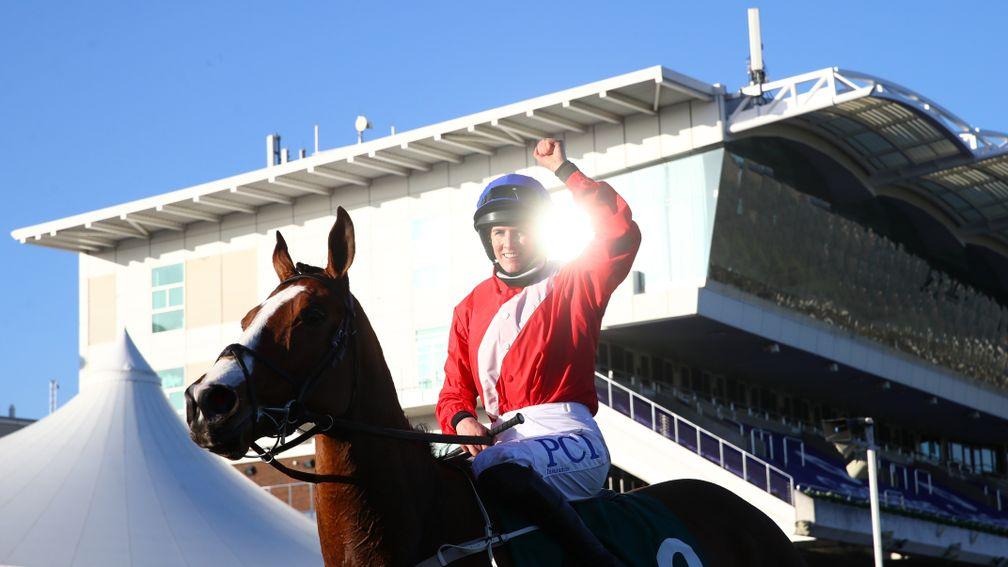
1.Big-money buys to the fore but value still to be had
You get what you pay for, so the saying goes, and that certainly rang true across the four days of this year's Cheltenham Festival. Of the 28 winners, 20 changed hands at least once at public auction and six of those commanded a six-figure sum after winning an Irish point-to-point.
The winner with the highest public auction price tag was Sir Gerhard, who was knocked down to Gordon Elliott Racing at £400,000 at the Tattersalls Cheltenham December Sale in 2019 when consigned by Coolmeen Stables.
Other notably pricey recruits to score included the £295,000 Chantry House, bought for JP McManus by Michael Hyde at the 2018 Cheltenham December Sale, the £235,000 Monkfish, a Harold Kirk and Willie Mullins purchase from the Cheltenham May Sale in 2018, and Shishkin, who was bought by Joe Donnelly through Highflyer Bloodstock at £170,000 at the same sale at which Chantry House changed hands.
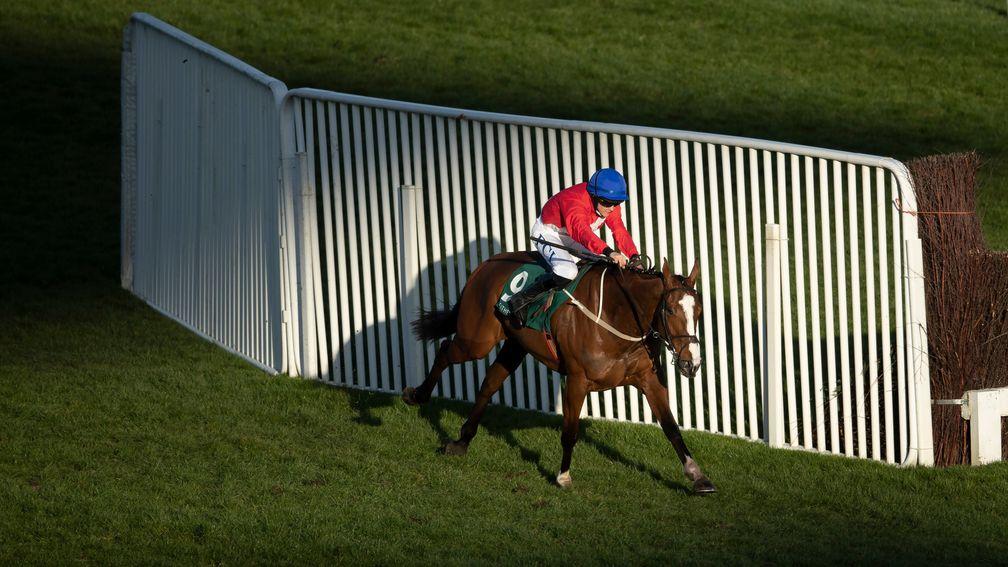
Based on the most recent sale prior to the festival, the average price of this year's winners comes in at £96,625. That represents a 15 per cent drop on the corresponding average (£113,290) from 12 months ago but is comfortably up on the ten-year average price for winners at the festival between 2012 and 2021, which is £74,220
There were, however, some notable winners who did not cost the earth too, not least Stayers' Hurdle hero Flooring Porter, who cost Richard Rohan just €6,000 as a foal and then failed to sell at only €5,500 when reoffered as a store.

It is also worth considering that the average of £96,625 is based on the winners' most recent purchase price, which, in many cases, has come after they have greatly enhanced their value by showing form in Irish point-to-points.
Among the examples of this are Monkfish and Shishkin, both six-figure pointers who fetched €36,000 and €28,000 respectively when expertly selected by their handlers as stores at the Tattersalls Ireland Derby Sale.
If prices from boutique point-to-point sales are taken out of the equation and the average value calculated from the winner's most recent appearance on the public market while still untried, most commonly at store sales, the same group produces an average price of £26,275 - 73 per cent less than the £96,625 average.
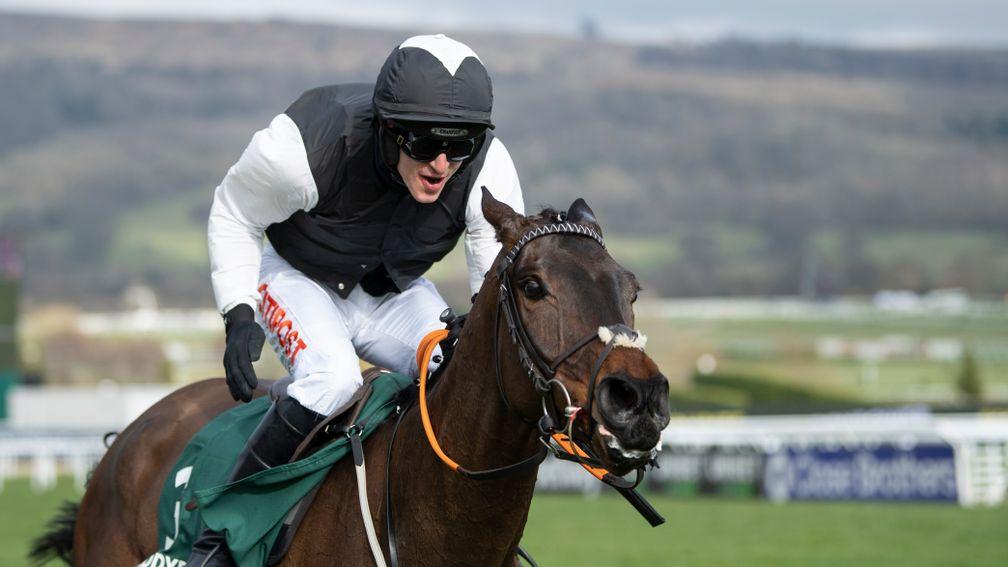
It should be said that many will feel the premium prices point-to-pointers command still represent a fair trade.
Pointers have, of course, already demonstrated an ability to gallop and jump at racing pace, with the filtering process point-to-points provide helping to eliminate a lot of the risks associated with buying unbroken youngstock. They may also have received a level of early conditioning and schooling that could prove vital for future racing success, a notion supported by results at Cheltenham.
Nonetheless, the disparity in price should provide food for thought for those who lack the bottomless reserves of cash needed to challenge the big hitters at the sales, but who still have designs of competing on the biggest stage in National Hunt racing.
2. Results on point
Sales ring results are, of course, driven by what happens on the racecourse, and the reason behind the high demand for Irish point-to-point graduates was in evidence throughout the four days of the festival.
Recruits from the point-to-point system enjoyed a record-breaking set of results, as no fewer than 13 of the 28 winners began their careers in Irish point-to-points, while Grand Annual scorer Sky Pirate flew the flag for British pointers.
Henry de Bromhead's Champion Hurdle heroine Honeysuckle and Gold Cup victor Minella Indo are among those who began their education between the flags, the former with Jerry Cosgrave and latter under the care of John Nallen. Incidentally, both won their maidens at Dromahane.
The County Cork track has been a hotbed of future talent in recent times, as Supreme Novices' Hurdle winner Appreciate It and Albert Bartlett scorer Vanillier also gained their first successes at the course.

Pat Doyle, a past master when it comes to nurturing high-class talents at the embryonic stage, also enjoyed a sensational meeting, having not only set Appreciate It on his path to Grade 1 glory but having overseen the early stages of Bob Olinger and Colreevy's development too.
Moreover, this year's results may just be the start of a new wave of domination for Irish point-to-pointers, with graduates from between the flags having recorded a clean sweep of the Grade 1 novice events.
Not only did Appreciate It, Bob Olinger and Vanillier claim the Supreme, Ballymore and Albert Bartlett respectively, but Shishkin, a Lingstown winner for Virginia Considine, won the Arkle, Monkfish, who scored at Stowlin for Cormac Doyle, took the Brown Advisory, while Chantry House, a Tattersalls Farm winner for Cian Hughes, ran away with the Marsh Novices' Chase.
As if all that were not enough, Sir Gerhard, a ready winner at Boulta for Ellmarie Holden, continued his own rapid ascendancy in the Grade 1 Champion Bumper.
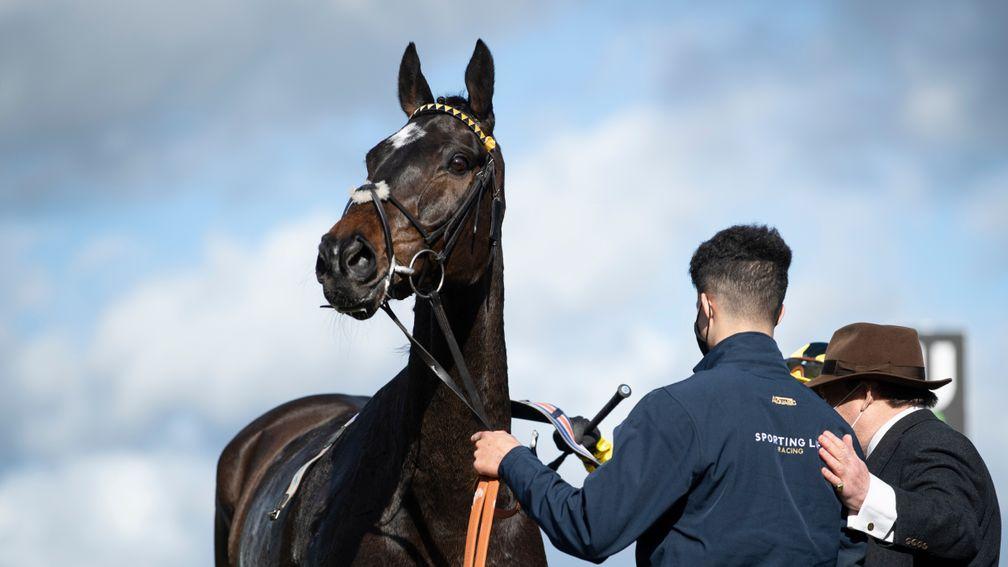
As the bones are picked out of the results and the vanquished try to figure out how they might turn the tables, it will be hard to ignore the correlation between success at this year's festival and a grounding in the Irish point-to-point sphere.
Such results will be a timely boost for the sector, with Irish point-to-point handlers in particular having endured a rough start to 2021 with racing between the flags having been suspended since January 13 due to the Irish government's Level 5 Covid-19 restrictions.
This has meant trainers have been unable to run horses in the races for which they were bought, and subsequently have been unable to bring their stock back to market. With the next round of store sales fast approaching, the backlog of horses represents a major challenge for point-to-point handlers.
3. Irish domination
The Irish raiding party departed Cheltenham with much to celebrate after an unprecedented haul of 23 winners to the home team's five, leaving the British National Hunt ranks with some soul searching to do.
From a breeding perspective, with the Irish National Hunt foal crop dwarfing its British equivalent, this situation is not entirely unfamiliar.
Of the 275 races run at the Cheltenham Festival in the ten years between 2011 and 2020, 53 per cent (146) of the winners carried the Ire suffix, while the British were responsible for just 13 per cent (36).
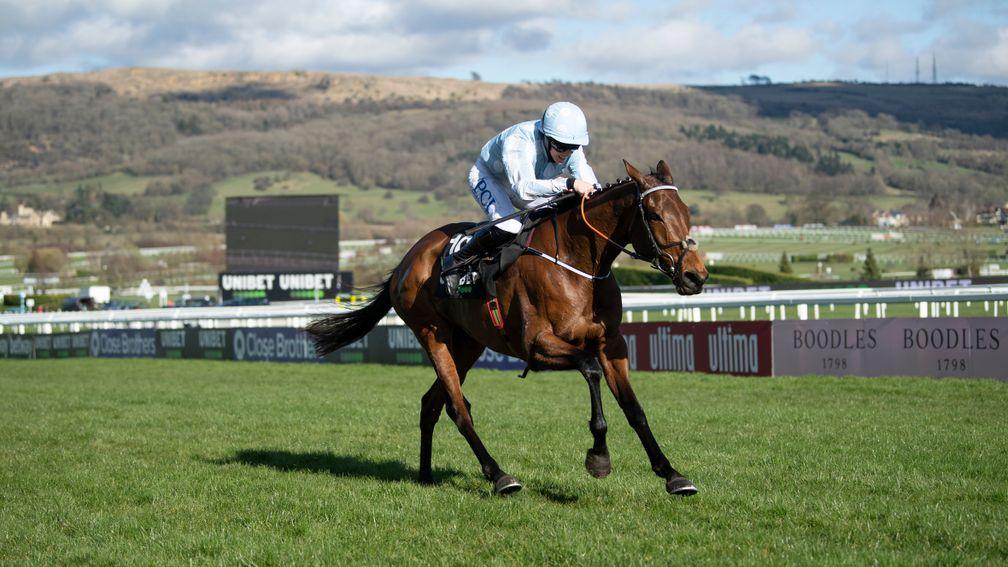
In line with the results among the seemingly unstoppable Irish trainers, matters reached new heights in the breeding ranks this time around as 20 (71 per cent) of the 28 races this week went the way of horses bred in Ireland. These included nine Grade 1 victories from the likes of Appreciate It, Shishkin, Bob Olinger, Flooring Porter and Minella Indo.
Although the British-bred haul of four winners (14.5 per cent) pales in comparison to the level of success enjoyed by Irish breeders, that tally does represent an upturn in fortunes, with the 2020 and 2019 festivals yielding just a solitary winner between them bearing the GB suffix, courtesy of Honeysuckle's strike in the David Nicholson Mares' Hurdle.
Despite a much smaller number of runners, recent years have seen French-breds provide the biggest threat to the Irish domination, with those born across the Channel accounting for 31 per cent (84) of the winners between 2011 and 2020.
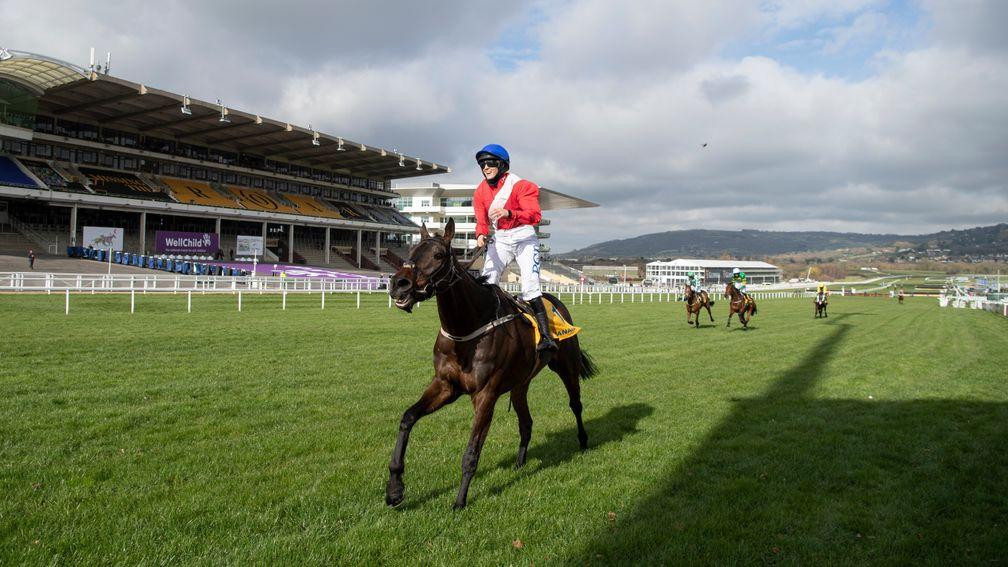
Although there were some notable high points, not least Allaho's bulldozing effort in the Ryanair Chase, horses carrying the Fr suffix managed to claim just four races at this year's festival, a disappointing return considering past successes.
Indeed, by the halfway stage, a point by which they have won as many as six races in recent years, the French had failed to register a single victory.
Allaho provided the breakthrough in race 17 of the week and some semblance of respectability was clawed back through a late rally on Friday, with Vanillier, Porlock Bay (a son of Kayf Tara born in France) and Galopin Des Champs all hitting the mark.
Nonetheless, it is hard to escape the fact this was a meeting that very much belonged to the Irish, be that training, breeding or buying the winners.
More Cheltenham Festival news:
How an advert in a newspaper in 1997 led to Sean Murphy breeding Flooring Porter
Monkfish proves the catch of a lifetime for Richard Busher
Triumph winner Quilixios a surprise bonus for Sean Martin
'I've never bred anything like this!' - Supreme success for Frank McNulty
Published on 20 March 2021inNews
Last updated 18:02, 20 March 2021
- Shortlisted nominees announced for the tenth TBA National Hunt Breeders’ Awards
- Racing Post Foal Gallery: May
- Blackbeard's sister and €2.6 million Goffs graduate Run Away makes successful debut at Yarmouth
- Station Yard back on track for Guineas Breeze-Up Sale after dream Craven result
- 'A unique insight into this fascinating world' - Tweenhills hosts Hartpury students on Racing to School visit
- Shortlisted nominees announced for the tenth TBA National Hunt Breeders’ Awards
- Racing Post Foal Gallery: May
- Blackbeard's sister and €2.6 million Goffs graduate Run Away makes successful debut at Yarmouth
- Station Yard back on track for Guineas Breeze-Up Sale after dream Craven result
- 'A unique insight into this fascinating world' - Tweenhills hosts Hartpury students on Racing to School visit